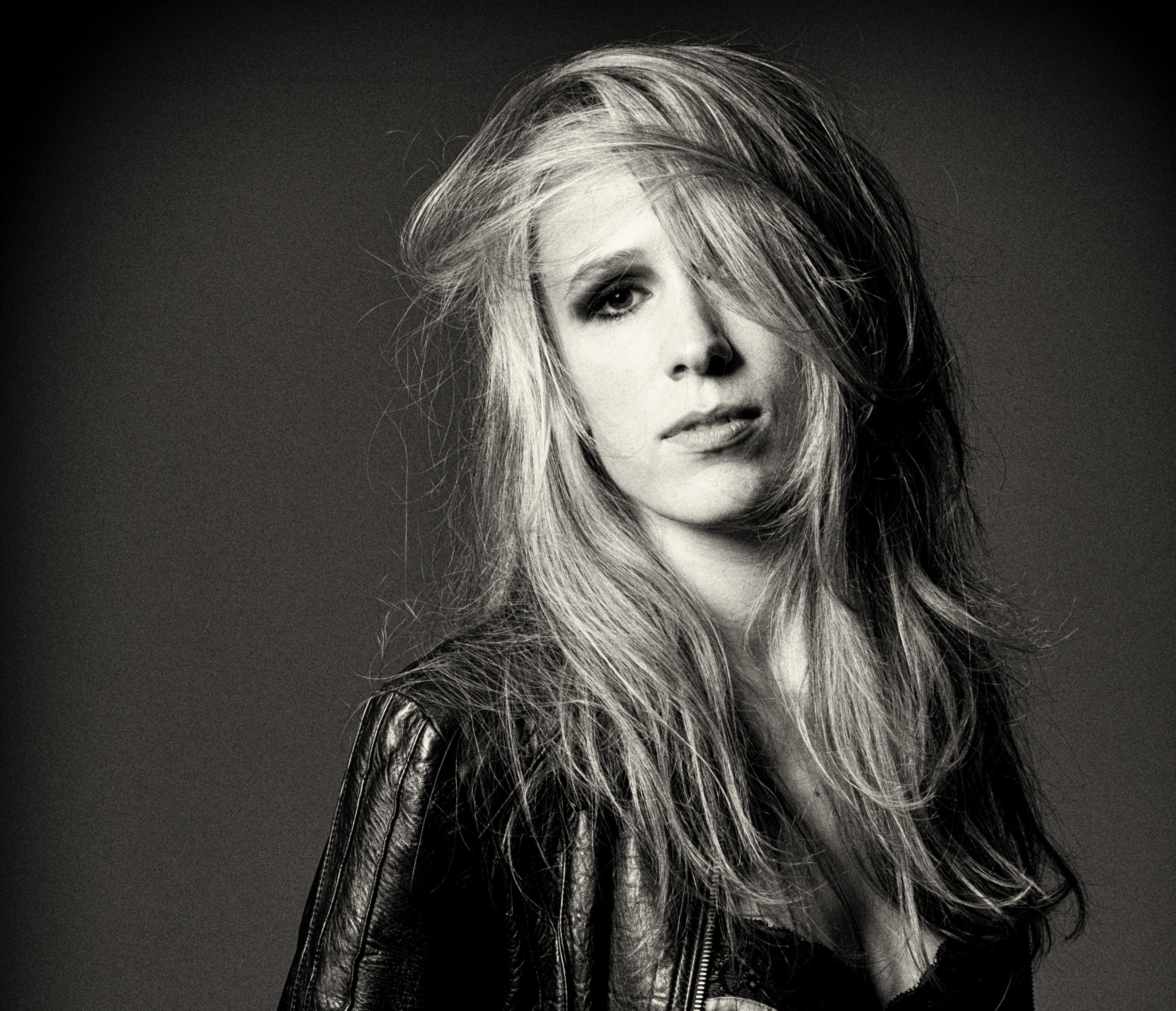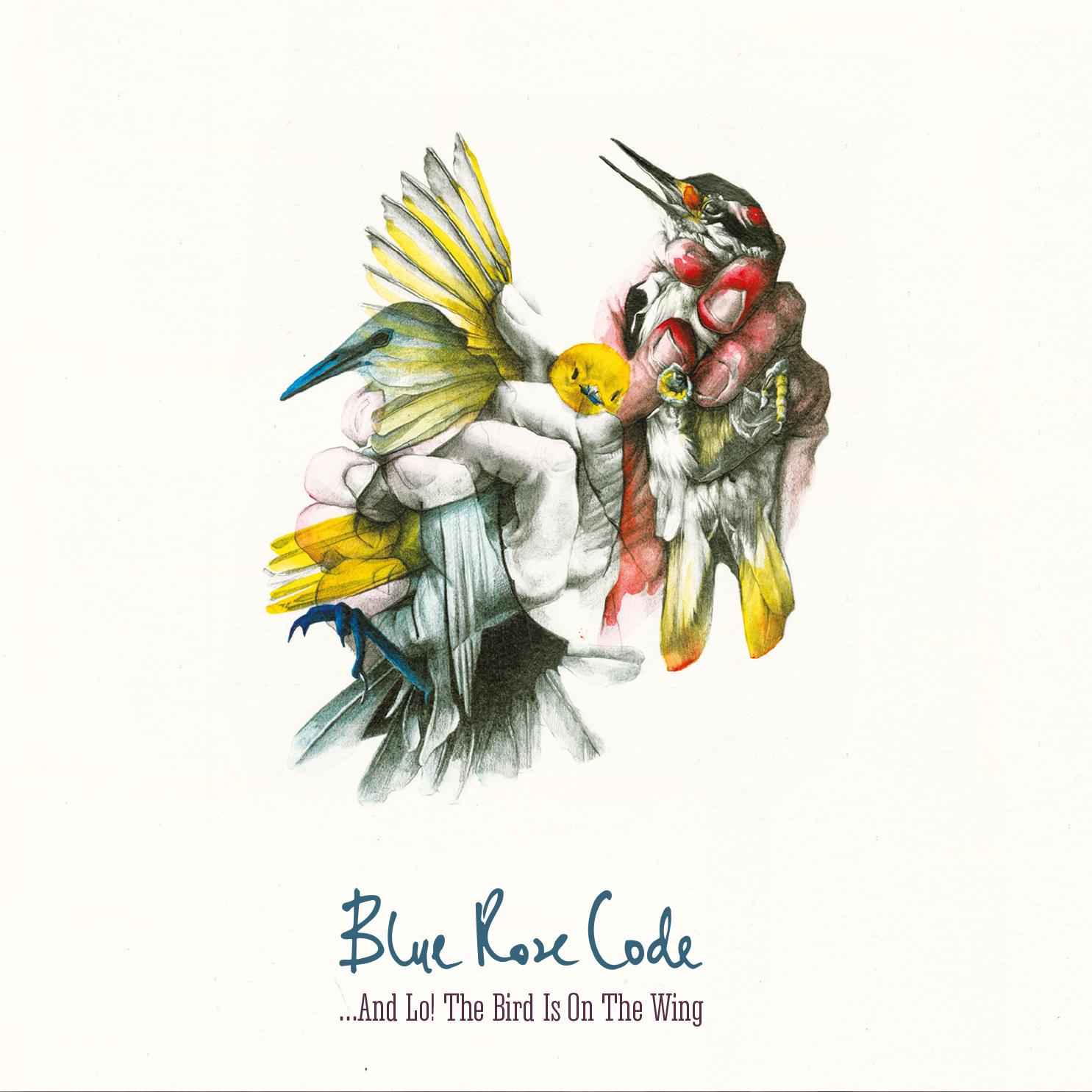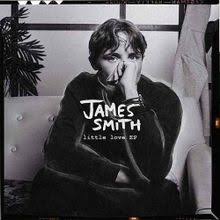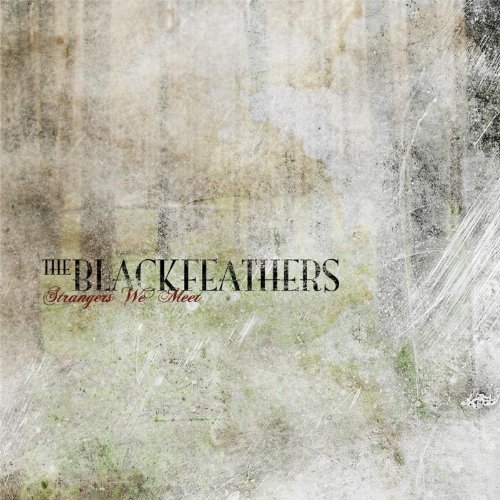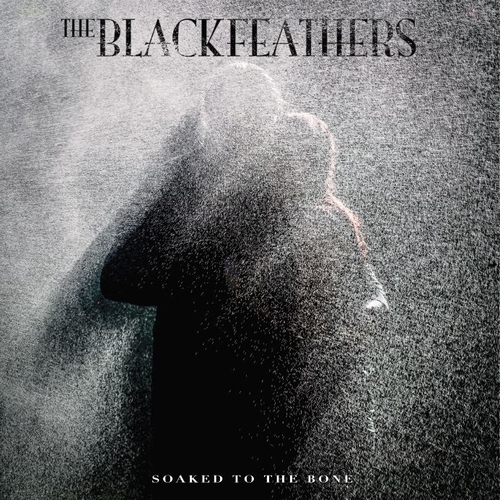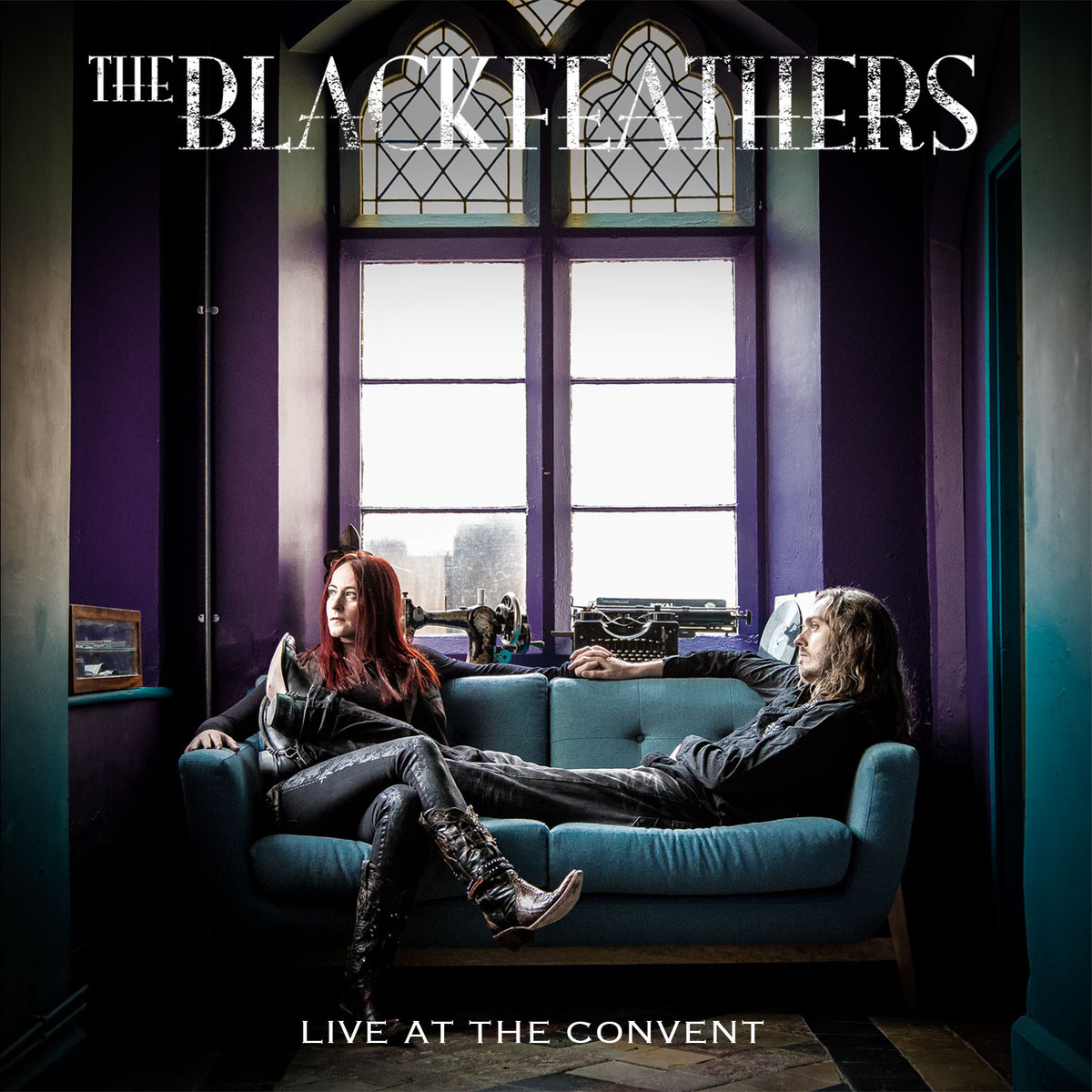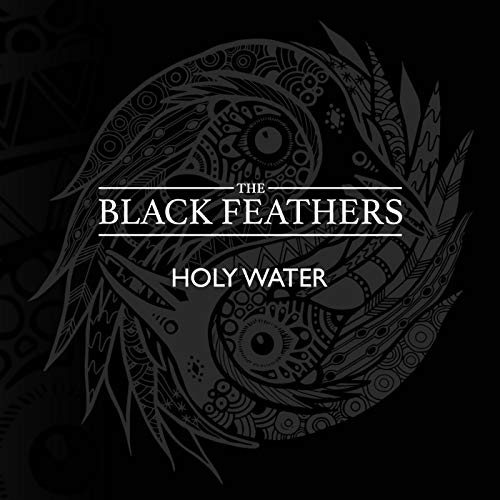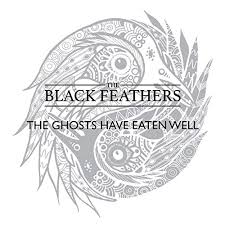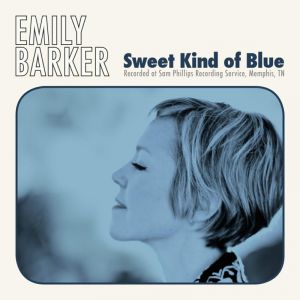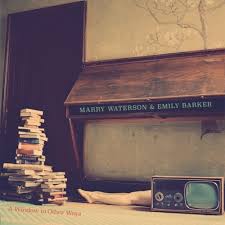Artist: Fiona Bevan
Genre: Singer-Songwriter, Acoustic
Location: London, UK
Discography: Talk To Strangers (2014) Wild Angels Sweet Demons EP (2018)
Record Company: Navigator Records
Website: http://fionabevan.co.uk/
Fiona Bevan’s bewitching music has roots that run deep. They stretch as far back as the Suffolk-born singer’s childhood home, in which her family sang songs from black and white films and old musicals around a piano and her parents played her Cole Porter and Doris Day. They snake through her spell as an English literature student, several years spent perfecting her craft on the London club circuit and an extraordinary career as a writer that ranges from commissions for film, classical compositions and a Tate exhibition to co-penning a multi-platinum chart-topping hit, ‘Little Things’, with Ed Sheeran, for boy band behemoth One Direction.
That Fiona describes her debut album as ‘pop in disguise’ makes perfect sense. The dozen, dynamic songs on 'Talk To Strangers' have hooks, harmonies and melodies that linger from first listen, but they are defiantly timeless as opposed to time-bound, as rooted in the past as they are in the present and purposely hard to pin down. Among the guitars, drums and piano, you’ll hear violin, double bass, accordion and harp, all played by Bevan, a hapi drum played by producer Shawn Lee and birdsong, some of it real, some of it whistled by Bevan-as-bird.
“I didn’t grow up on pop,” says Fiona. “I heard The Beatles and Hendrix for the first time at 15 and they blew my mind. But by then I had found my own way of using my voice. I have a high voice that’s not particularly fashionable, but it helped me channel my songs. I’ve made all sorts of music in the past, but I’ve always known how I should sound.”
The album’s storytelling lyrics are as crucial as their impeccable settings, their meanings central to the songs. A relative of Robert Louis Stevenson (he was her great great grandfather’s cousin), Bevan grew up immersed in books, began writing poetry aged eight and stumbled in to her first band at 15, having joined to play bass, but been promoted to co-writing and singing the songs by the group’s first gig.
“I love clever, interesting pop and I adore storytelling,” says Fiona. “It’s important to me that no words are wasted. I write about real things that have happened to me or my friends. I try to find the focus of a story and work from there.
“My writing process is really an attempt to understand who I am and how not to be walked over in the world – as a woman, as a shy person, as someone doing something different. I’d say it’s about finding myself, if that didn’t sound so terribly cheesy.” Talk To Strangers’ first single, The Machine, is about… well, everything.
“Before I play it at gigs I say it’s a song about everything,” laughs Fiona. “It sounds really big, but in fact it’s about the small parts of a machine – the pistons, the cogs, the fuses. It comes from being angry and frustrated about the state of the world and from my feelings of powerlessness to do anything about it. Within the song, there’s a shift – that’s about breaking out and finding how you can have power in your own life, in everything you do.
The industrial theme is mirrored in The Machine’s hypnotic rhythm and clanging percussion, which are in vivid contrast to the spritely vocal and the frisky, looped acoustic guitar. The almost conversational, Sondheim-esque shift sees Fiona urging herself – and her listeners – to take control.
Talk To Strangers is littered with references to film and literature. The jazz-tinged Rebel Without A Cause was written after the London riots – James Dean being a metaphor for listless youth – but it’s also a love song that offers a fleeting glimpse of a relationship at a specific point in time. Or as Fiona puts it, ‘It’s a let’s go somewhere else sort of love song’.
Bluesy piano ballad The Exorcist nimbly nails a lover’s jealousy of their partner’s ex and borrows from Daphne Du Maurier’s Rebecca.
“It’s about purging your life of jealousy and paranoia,” explains Fiona. “In the middle eight, the ex appears to say she’s not a threat. She says in another life, we’d be friends, not enemies, so it’s also about female solidarity.”
The album’s gorgeous closing track, the lush The Last Days Of Decadence, was inspired by both the financial crash and a flyer bearing the same name that Fiona was handed in the street.
“I had no idea what the flyer was for,” says Fiona. “On it was a line drawing of a beautiful building and a date. I put it on my wall, looked at it every day and decided to write a song about it. A year later, I was on a bus going through Shoreditch and I saw the building. It was a bar. I thought, ‘Oh shit, I’ve written a song about a bar’. But now, because of the crash, that bar has gone out of business.”
Among a handful of heartbreak songs on Talk To Strangers is the stunning Us And The Darkness, which first appeared as the title track of an EP Fiona self-released in 2011, but has since been rerecorded. The beautiful melody, beguiling vocal and twinkly sounds belie the circumstances in which it was written.
“I was living on Brick Lane, my heart had been broken and I couldn’t sleep at night,” recalls the singer. “I looked out at all the city lights and thought about the other people still up. So it’s an insomnia song that, again, is about solidarity. A lot of my lyrics are about people being connected, whether they know it or not.”
Talk To Strangers was recorded entirely on analogue equipment with artist and producer Shawn Lee at his Bloomsbury studio in short bursts throughout spring last year.
“The idea was to capture the energy of playing live,” says Fiona. “Nothing is digital or sterile; it’s golden and human. We recorded everything live and not to click and captured something that I’ve never managed in a studio before – the magic of live performance.”
Playing live has been the cornerstone of Bevan’s career since she first stepped on stage in Colchester aged 15. Her teenage band lasted four years, after which she moved to London to study and went solo with her guitar. Along the way, she has played with dozens of other artists in all sorts of genres of music. There was even a brief spell as a bassist in a band mentored by Adam Ant and fronted by Georgina Baillie (the woman at the centre of the Sachsgate scandal).
The song she wrote with a pre-fame Sheeran (the pair used to play the same club nights) spent years lost thanks to a misplaced mobile phone before Fiona came across the lyrics on a piece of paper. She sent them to Sheeran, who remembered and recorded the music. One Direction overheard Little Things, insisted they have it and took it to the top of the charts in late 2012.
Last year, Fiona wrote, recorded and toured with jazz vocalist Gwyneth Herbert. Reviewing the show in London, The Guardian gushed that “Fiona took us on startling odysseys that suggested Erykah Badu, Joanna Newsom and Kate Bush spine-tinglingly joined”. More recently, she has been in L.A. co-writing with Grammy Award-winning producer John Shanks.
Talk To Strangers was entirely composed by Fiona over the past four years and recently mastered in San Francisco by the legendary George Horn, who has been cutting vinyl since the ‘60s for musicians including Paul Simon, Sly & The Family Stone, Bob Dylan and John Coltrane. If the album feels like a long time coming for an artist already established live, it’s been well worth the wait. Those deep roots have spawned something truly special.
